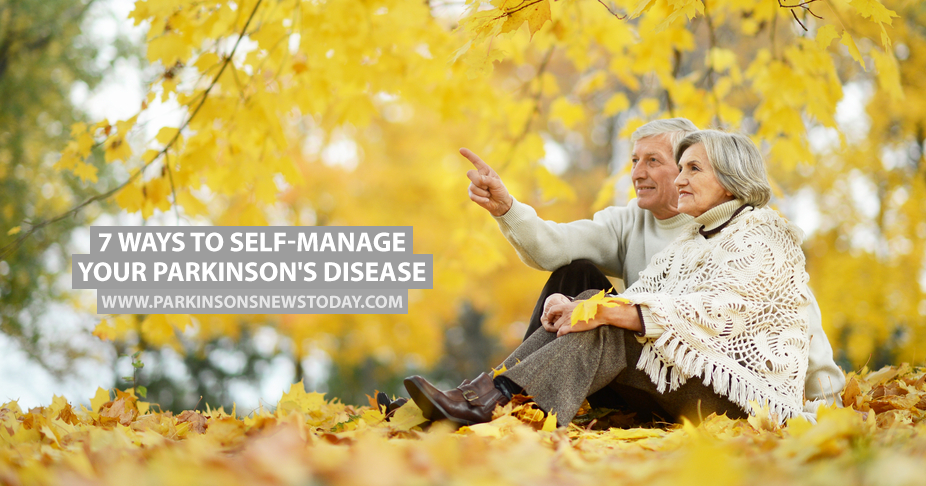7 Ways to Self-Manage Your Parkinson’s Disease
Written by |

We know that living with Parkinson’s disease can be difficult and the condition poses many challenges, however, there are ways to manage it that can help make everyday life more comfortable. With this in mind, we’ve put together a list of seven ways to self-manage Parkinson’s disease based on information from Parkinson’s UK.
MORE: Do you know which are the four possible causes of Parkinson’s disease?
1. Educate Yourself
The more you know about Parkinson’s disease, the more you can be prepared for what it has to throw at you. Keep up-to-date with all the latest research about the disease, find out if there are any clinical trials you can participate in, and if you’re on the newest medication.
2. Healthy Lifestyle
Try to stay as active as possible — walking, swimming and practicing yoga are great low-intensity exercises that you can take at your own pace. Talk to your medical team about physiotherapy if you are unable to move much on your own.
Eating a balanced diet and keeping your weight at a healthy level are also good ways to help self-manage your Parkinson’s. If you’re losing weight because you’re finding it difficult to swallow or have no appetite, talk to your doctor about ways to increase your caloric intake.
3. Hobbies and Socializing
If you have hobbies then try to continue with them, or find new pastimes that will help take your mind off Parkinson’s disease and give you something else to focus on. Try to keep up with friends and family on a social level so that you don’t become isolated.
MORE: Gregory Chandler explains how he hasn’t let Parkinson’s disease stop him from enjoying life
4. Complementary Therapies
There are many complementary therapies that may help with the symptoms of Parkinson’s disease. Meditation, acupuncture, use of essential oils and reflexology are among the many therapies you may find useful.
5. Mobility Aids
Think about investing in mobility aids before you actually need them. This way you can ensure you know how to use them when they are needed. Everyone is different, and people will find different aids more beneficial than others.
6. Keeping Your Independence
While it is undoubtedly easier to have your carer do things for you, you should try and maintain your independence for as long as possible. If you can dress and bathe yourself, prepare simple meals and do household tasks then continue to do so, even if it takes you twice as long.
7. Join a Support Group
See if there is a local support group in your area for people with Parkinson’s disease. If there isn’t, find an online group. You’ll be able to share your experiences with people who really understand what you’re going through and get tips and information that will help you in your everyday life.
MORE: Have you heard of boxing therapy for young-onset Parkinson’s disease?
Parkinson’s News Today is strictly a news and information website about the disease. It does not provide medical advice, diagnosis or treatment. This content is not intended to be a substitute for professional medical advice, diagnosis, or treatment. Always seek the advice of your physician or another qualified health provider with any questions you may have regarding a medical condition. Never disregard professional medical advice or delay in seeking it because of something you have read on this website.


